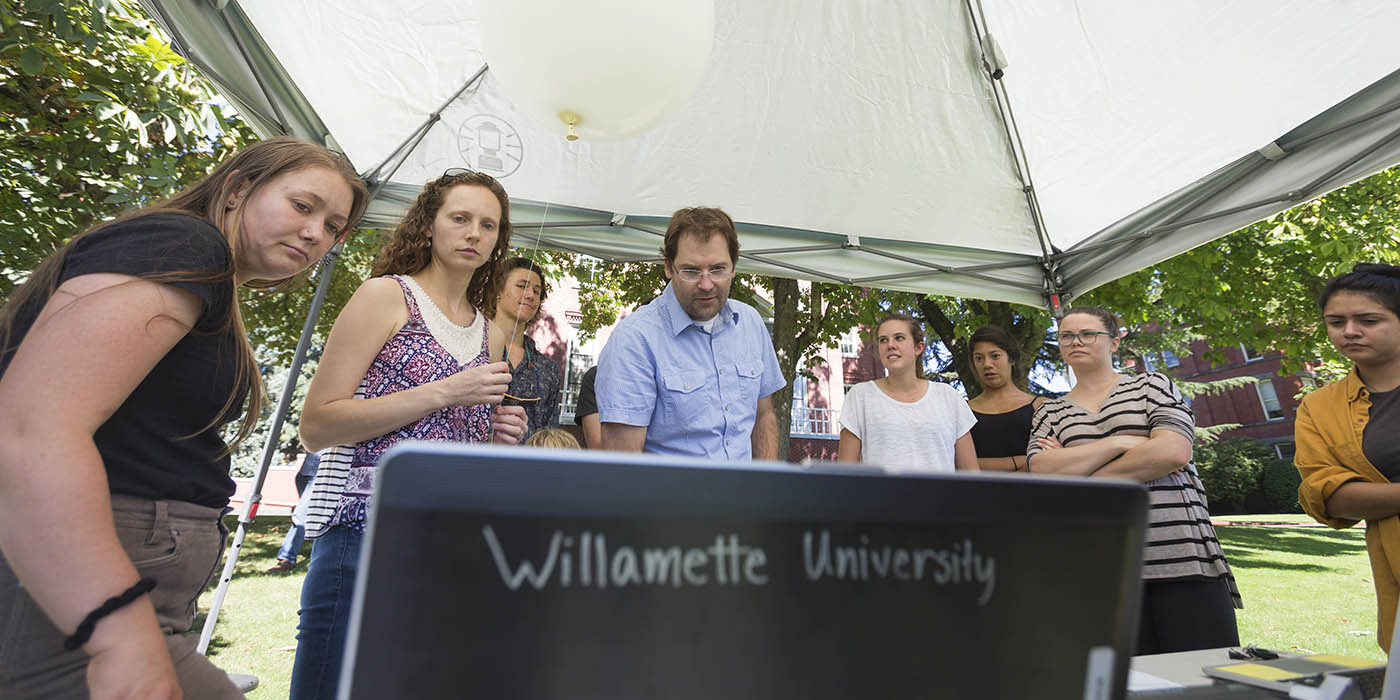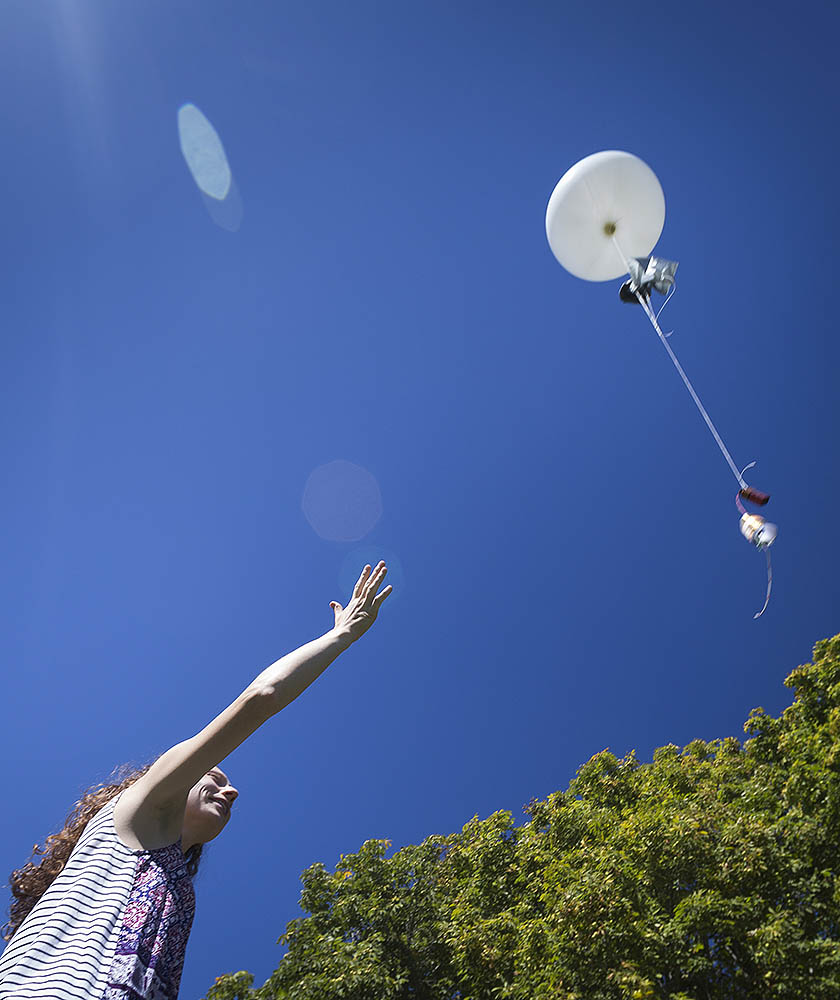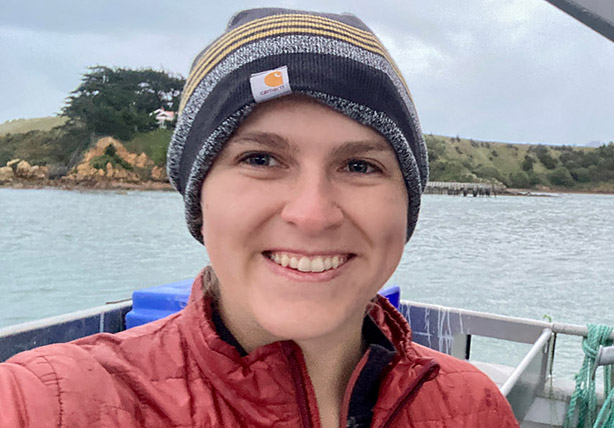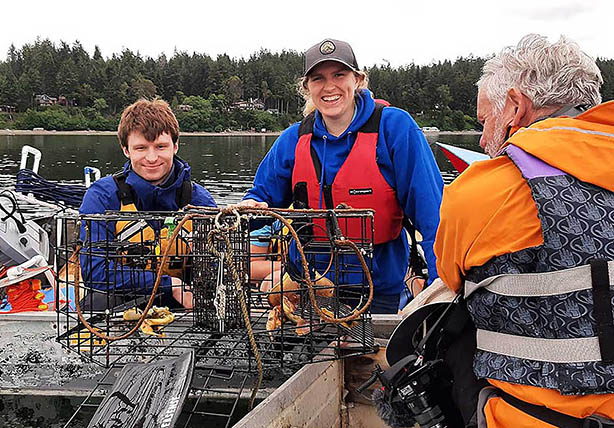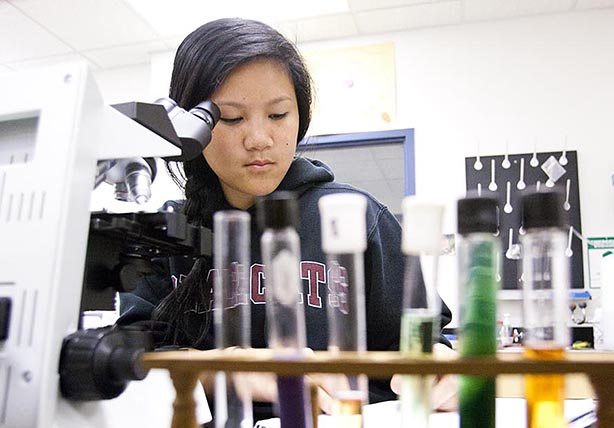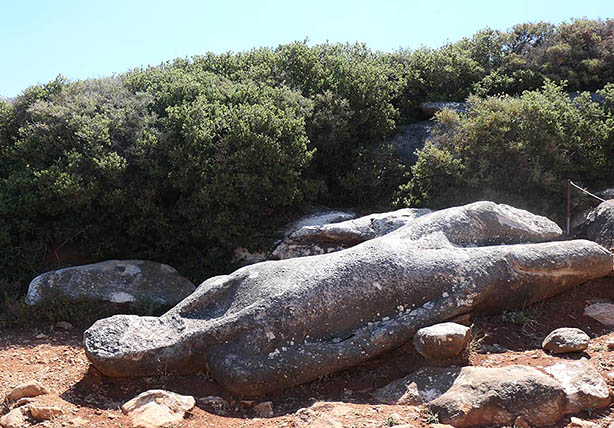Become an Environmental Sciences major
Willamette University stands as the first environmental science program in the Pacific Northwest. Our program is devoted to enabling students to make meaningful contributions to the world around them. Our campus and facilities inspire students to turn their knowledge into action.
Zena Forest, a 305-acre area surrounding our campus, facilitates students in bridging classroom lectures with real-life experiences. With multiple habitats in Zena Forest including woodland, grassland, and wetland, your educational experience can easily take place outdoors.
Nearby, you'll find mountains, deserts, and the Oregon Coast, all in proximity to Willamette. This allows you to study environmental science and different ecosystems up close. Instead of lectures, you'll have a chance to visit different locations and apply your knowledge onsite. These experiences, combined with your finely honed environmental ethos, will prepare you for a wide range of career options.
As one of the best environmental science schools in the Pacific Northwest, we focus on preparing our students for the future. Your educational experience will help you stand out from the competition. It will open doors to a variety of careers including research, education, forest management, government, law, and non-profit work.
Our environmental science program also allows you to focus on specific interests through concentrations. Dive into climate change, environmental geosciences, natural resource management, natural sciences and sustainability, or even environmental health. Regardless of which concentration you choose, you’ll enhance your problem-solving skills through all the courses within our major. All of our concentrations will allow you to dive into your passions and interests and focus on specific topics.

